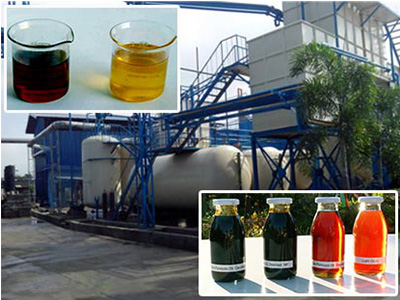Germany’s consumption of on-road diesel fuel and gasoline in the first half of 2018 was lower than in the 2017 reference period, but the use of biodiesel and ethanol saw a significant rise.

The strongest demand for biodiesel in the past six months, and the largest quantity since August 2017, was recorded this May at approximately 205,000 metric tons (61.5 million gallons). In the preceding months, consumption had already been considerably higher compared to the period a year earlier.
Domestic consumption of biodiesel from January through June increased to nearly 1.2 million tons (360.2 million gallons), up 11 percent from the same period last year. Since at the same time consumption of diesel declined 5.2 percent from the previous year to 17.05 million tons, the incorporation rate rose significantly. Whereas in 2017, it amounted to around 5.7 percent, Agrarmarkt Informations-Gesellschaft mbH (AMI) calculated it at 6.4 percent for 2018 to date.
According to information published by Germany’s Federal Office for Economic Affairs and Export Control (BAFA), the incorporation rate of ethanol also saw an increase of 6.7 percent in the first half of this year, consequently outstripping the previous year’s figure of 6.1 percent for the same period.
The surge in the incorporation rates of ethanol and biodiesel could be due to the availability of less-costly feedstocks for the production of these two biofuels. In the first few months of 2018, asking prices for palm and rapeseed oil fell to the lowest level for several years. However, maize prices in Paris also dropped significantly below the year-earlier level in the first quarter of 2018.